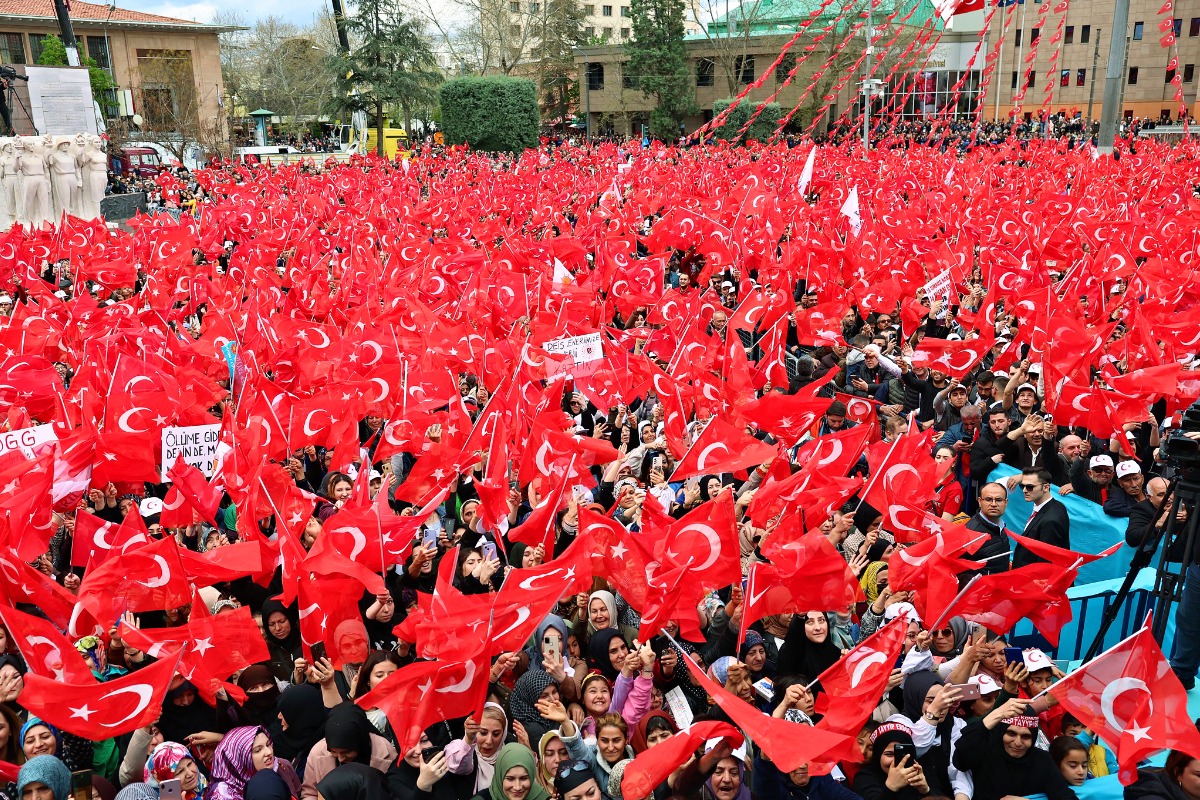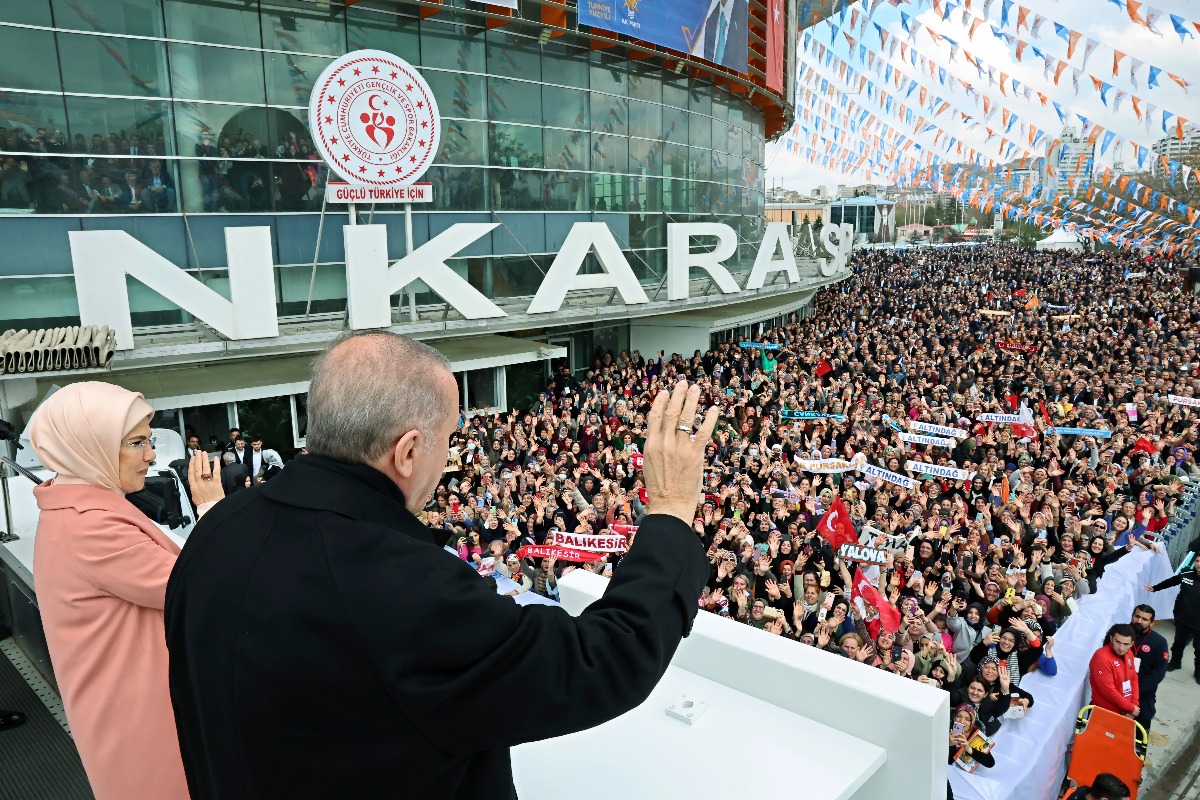
Elections to the Grand National Assembly were concluded on May 14. President Erdoğan's "People's Alliance" was a comfortable winner, albeit with a slightly reduced majority. The pro-Western "National Alliance" came in a distant second with more than 100 fewer seats than the ruling coalition. "Labor and Freedom," with only 66 seats, rounds out the list of alliances and parties that won seats in the 600-member parliament. One striking lesson of the election is that Turkish opinion polls cannot be trusted, as the widely divergent figures – proven inaccurate on election day – can only indicate that the pollsters were captured by politics and served merely as communication tools for the various sides.
The presidential election is clearly a referendum on Erdoğan, who has become a towering figure in recent Turkish history. The opposition was resigned to this fact when it nominated the uncharismatic economist and retired bureaucrat Kemal Kılıçdaroğlu. The "Democratic Uncle," as he was dubbed, clearly hoped to attract the anti-Erdoğan vote. So far, this has propelled him into the second round, but in a much weaker position than his supporters had hoped. Erdogan fell just 0.6 percent short of the 50 percent of the vote that would have allowed him to win outright. His rival trails him by 4.5 percent, and the third-place candidate, now eliminated, drew support from the Turkish hard right - an electorate profoundly unlikely to vote for the nominee of a liberal rainbow coalition.

The current president has accomplished historic achievements throughout his career. Under his leadership, Türkiye has become a formidable regional power. Closer ties have been forged with neighboring Turkic-speaking Azerbaijan to the point where the two countries have formed a virtual confederation. The Turkic Council has been transformed into an effective organization that multiplies the influence and opportunities of all its members and acts as a conduit of soft power for Türkiye itself. On the other hand, the country has suffered from sky-high inflation, which reached 85 percent last year, although it had come down somewhat by election day. Relations with EU and NATO allies have soured over ideological differences, with Erdoğan unwilling to follow the West down its woke path, as well as over the war in Ukraine, after Türkiye adopted a much more cautious position, seeking an immediate ceasefire and acting as a mediator throughout the conflict.
The stakes are enormous. The opposition promises to bring Türkiye back into ideological and military alignment with the U.S. and the EU. This would mean sacrificing strategic, economic, and trade opportunities and the dream cherished by many in Türkiye of becoming a regional power broker as the world transitions to a multipolar order. Erdoğan's opposition has the overt backing of both Washington and Brussels, which, as has unfortunately become the norm in recent years, are not above interfering in the domestic affairs of even strategically important allies.

The gravest problems, however, come from internal pressures. As polls have become completely unreliable, both sides believe only their own numbers. The opposition was convinced that it would win in the first round, and its leaders, the mayors of Istanbul and Ankara, went on live television to claim victory for their candidate based on numbers from a seemingly parallel universe, even as official tallies from the election board showed a strong lead for Erdoğan. This is a dangerous state of affairs because it virtually guarantees that millions of outraged Turks will refuse to accept the results. The well-oiled propaganda machines that recently produced a virtual revolt in Georgia and Israel over developments that did not suit the liberal globalists could kick into high gear if President Erdoğan is declared the winner. This is potentially a recipe for disaster that would reverberate throughout the region and have dire security implications.
The author is a geopolitical analyst at the Center for Fundamental Rights (Alapjogokért Központ)